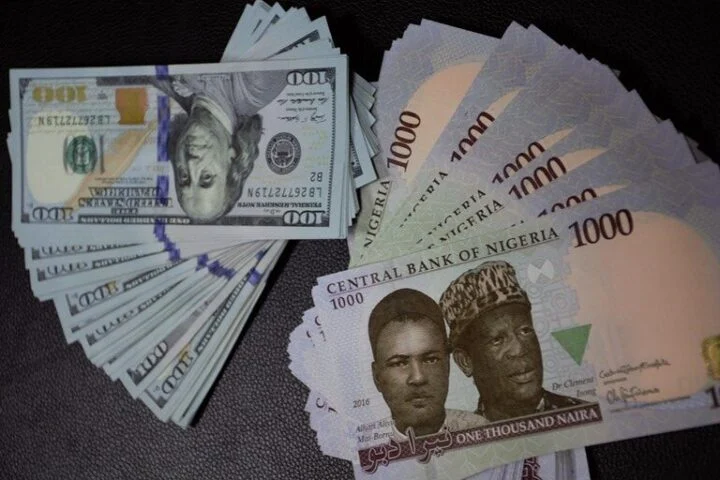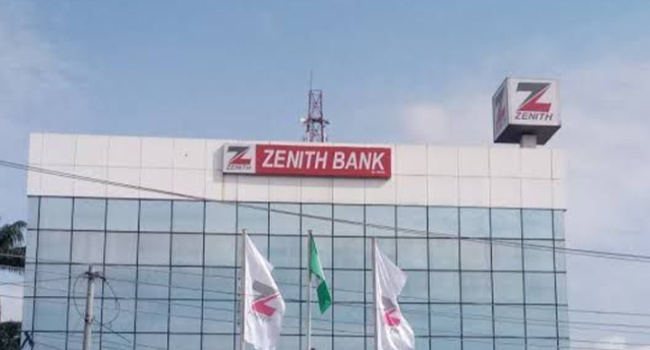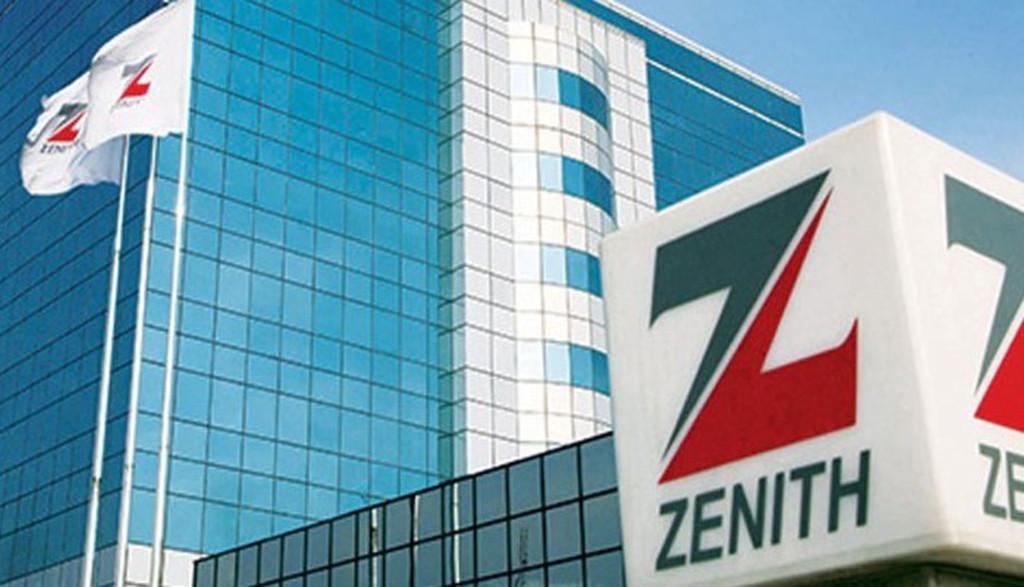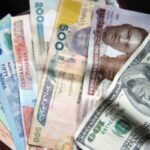The naira remained stable across foreign exchange markets on Tuesday, with a surge in dollar sales by 94.46% at the official market.
Despite the fluctuations, the local currency showed resilience, reflecting the dynamics of Nigeria’s foreign exchange market.
Join our WhatsApp ChannelThe naira closed at N1,476.95 to the dollar on Tuesday, a slight dip of 0.06 percent from Monday’s rate of N1,476.12. This stability comes amidst a substantial increase in dollar sales, rising from $121.87 million on Monday to $236.99 million on Tuesday, according to the market summary released by FMDQ Securities Exchange Limited.
“The increase in dollar sales is a positive indicator,” said an analyst at FMDQ. “It shows that there is more activity in the market, which can help stabilize the naira.”
Despite this surge, the naira maintained its position, demonstrating the interplay between demand and supply in the market. The market summary also noted that the intraday high remained steady at N1,500 per dollar, while the intraday low depreciated to N1,362.15, compared to Monday’s N1,250 per dollar.
“The naira’s performance reflects the balance between willing buyers and sellers,” noted a currency trader. “While there is a slight depreciation, the overall stability is a good sign for the market.”
READ ALSO: Nigeria’s Exchange Rates For Customs Duties Rise By 23.9% In Two Days As Naira Continues Fall
On the parallel market, commonly known as the black market, the naira traded between N1,480 and N1,500. This steadiness indicates that the official market trends are mirrored in the parallel market, albeit with slight variances.
In related news, Nigeria faces ongoing economic challenges, including meeting the International Monetary Fund’s (IMF) exchange rate recommendations. The IMF has urged Nigeria to unify its exchange rates to address the foreign exchange crisis. However, the recent stability of the naira might be seen as a step towards this goal.
“The government and financial authorities need to continue working on policies that promote stability,” said a financial expert. “Meeting the IMF’s recommendations will require consistent efforts and reforms.”
Additionally, the impact of external factors such as global economic conditions and local economic policies continues to play a significant role in the naira’s performance. The increase in dollar sales suggests a boost in foreign exchange liquidity, which can support the naira’s value in the long run.
As the naira navigates the complexities of the foreign exchange market, stakeholders remain optimistic about its future. The significant increase in dollar sales is a positive sign, but consistent policy implementation will be crucial to maintaining stability and addressing the broader economic challenges.
“The current stability is encouraging, but there is still work to be done,” concluded the analyst. “We need to focus on long-term solutions that will ensure sustained stability and growth for the naira.”
Overall, the naira’s performance on Tuesday highlights the resilience of Nigeria’s foreign exchange market amidst a significant surge in dollar sales. As the market adapts to these changes, the focus remains on achieving a stable and unified exchange rate that can support the nation’s economic goals.
Emmanuel Ochayi is a journalist. He is a graduate of the University of Lagos, School of first choice and the nations pride. Emmanuel is keen on exploring writing angles in different areas, including Business, climate change, politics, Education, and others.












![Breaking: Tinubu Returns To Abuja After Europe Trip [Photos]](https://www.primebusiness.africa/wp-content/uploads/2025/04/Tinubu-returns-to-Abuja-Pohotos-2-150x150.jpeg)





Follow Us